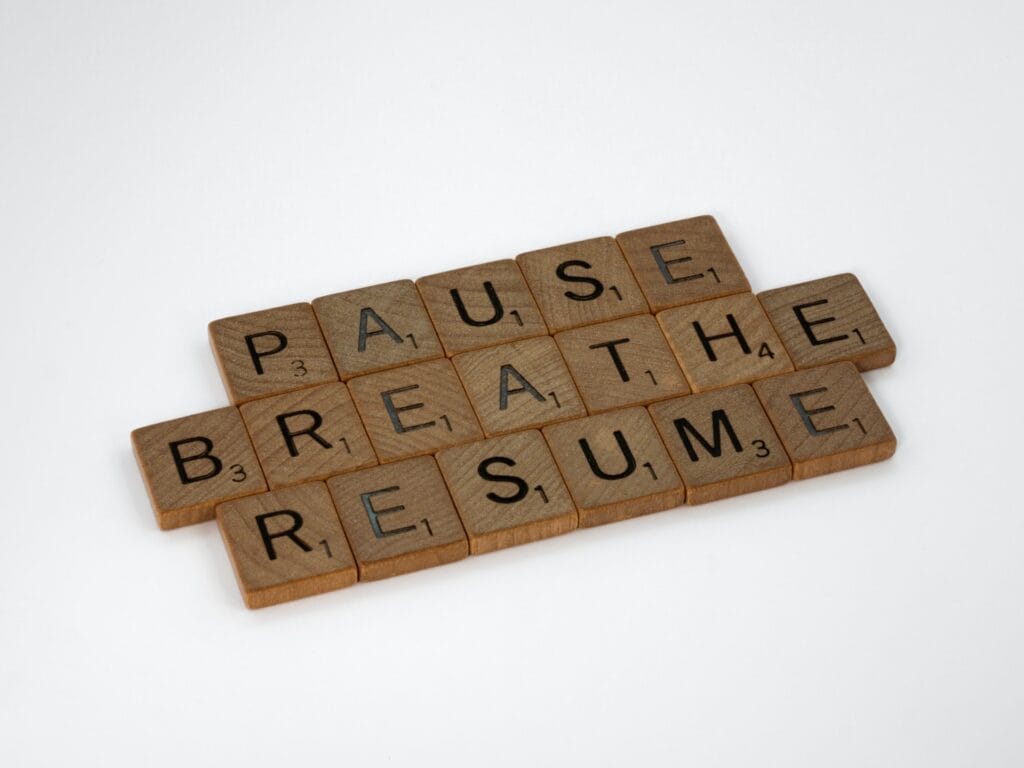
Do you battle finding the time to do the things you enjoy? Never having time to go for walks, watch your favorite series, meet your friends for drinks or play your favorite online casino games? Balancing personal life with any profession may be difficult. However, understanding how to build a healthy work-life balance is essential to preventing burnout and achieving long-term satisfaction.
Many believe their lives might benefit from more balance between activities like working, parenting, hobbies, household chores, relationships, etc. People searching for advice on this subject may turn to an expert for professional assistance. Some individuals find useful tools and strategies for balance online or in books. So, what exactly is work-life balance?
Work-Life Balance Explained
Work-life balance is balancing personal and professional obligations. It relates to an individual’s priority level of personal and professional activities in their life, and the extent to which these activities are connected to their employment are present at home. The ideal work-life balance is debatable.
The Growing Problem
Previously, the border between professional and personal was clearer, making it more difficult or impossible to bring work home. The advent of remote working, mobile technology, and the internet have made it simpler for people to ‘permanently’ be at work. Some observers say that cell phones and “always-on” access to the workplace have supplanted the idea that individuals “leave work at work and go home.”
Reasons Why a Work-life Balance is Important
Promoting balanced work-life lifestyles benefits people’s health, relationships, productivity, and performance. Let’s go through some more pertinent reasons why work-life balance is important.
Less Stress
The main issue is that most individuals believe they have no option. However, that’s not quite true. Remember that your decisions ultimately determine your work-life balance. This is also the source of much of your anxiety. You add to your stress by agreeing to take on extra work when you don’t have the ability or by not delegating the work that you actually could.
Improved Physical Health
Caring for your physical health is an important part of finding balance for yourself. Most people are tethered to their desks most of the day and bound to their sofas at night due to exhaustion and stress. That implies they’re barely moving, nearly always sitting, and practically never outside.
Humans weren’t designed to sit so much. They’re also not supposed to be confined indoors. Physical activity and spending time outside produces endorphins, chemicals that help you feel better emotionally. Endorphins help you sleep better and increase your energy levels. A lack of work-life balance eventually leads to negative symptoms ranging from the flu to significant heart problems.
Improved Mental Health
One of the fundamental reasons why work-life balance is vital is for your mental health. When you’re balanced, you’re better equipped to deal with bad emotions and ideas. The human brain isn’t designed to be anxious and under pressure all of the time.
Creating greater balance in your life helps you think more freely, allowing your subconscious thoughts to surface. This is beneficial to your mental health because it helps you become more self-aware of your thoughts and emotions, allowing you to cope with them healthily. This translates to making better, more informed judgments.
Minimize Burnouts
Everyone experiences stress from time to time. You can avoid mental and physical fatigue if you make adjustments to your routine. Burnouts happen when you’re overburdened. They may impact every element of your life. It’s sometimes critical to persuade yourself and your loved ones to take some time off, spend a day resting, and leave work at the office.
Improved Relationships
Too much work means spending less quality time with friends and loved ones. Relationships are built on spending quality time together. When you’re fatigued and stressed, it’s tough to be attentive and offer your undivided attention to others. A balanced lifestyle entails spending more time with friends and family and strengthening relationships.
Improved Concentration
Maintaining a healthy work-life balance allows us to control our concentration and focus on tasks rather than being continually distracted and thinking about other things while attempting to accomplish a job.
Something to Remember
Creating a flexible and transparent work environment is one of the greatest methods to meet most people’s work-life balance demands. No matter what generation they’re from. A positive work atmosphere will increase job satisfaction, reduce stress, and assist team members in maintaining healthier behaviours.
Work toward flexible work hours and the capacity to organize home offices to create a more flexible work environment that appeals to workers of all generations. Work-life balance searches will alter in response to societal, generational, and economic shifts. If people are trying to manage their job and personal life, they should be willing to try something new.



